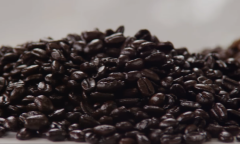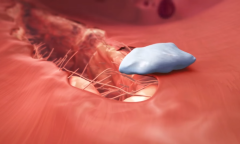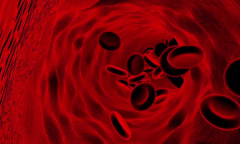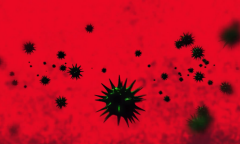By KM Diaz, | June 19, 2017
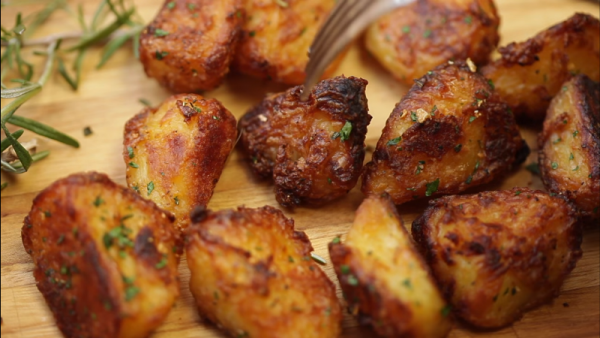
Foods heated above 120 degrees Celsius starts to form acrylamide, giving the bread or potatoes a golden hue when cooked or baked. (YouTube)
On Monday, June 12, 2017, a new awareness campaign has begun reminding people that starchy foods with golden brown crunch and bits of char could increase the risk of cancer. The Food Standards Agency (FSA) in the United Kingdom, equivalent to U.S. FDA, has opted for "Go for Gold" message in its new campaign to warn customers regarding increased cancer risks in cooking potatoes and starch-heavy foods to a dark brown or black color.
Like Us on Facebook
In this case, the culprit is the compound formed by the reaction of simple sugars and asparagine - a particular amino acid. Foods heated above 120 degrees Celsius starts to form acrylamide, giving the bread or potatoes a golden hue when cooked or baked. But, when foods cooked longer and started to darken, more and more acrylamide will be produced - leading to increased risk of cancer.
The British campaign raises people's awareness of the risk of eating these type of foods. Steve Wearne, the Director of Policy, said the conducted studies in the UK revealed that majority of the people are not aware of the dangers of acrylamide and how to reduce their consumption to decrease the risk of cancer. The agency helps people by making small changes in preparing their food and to reduce acrylamide intake to maintain the suggested consumption of starchy foods.
Some of the highlights in the campaign include stop cooking when the exterior part of the food is already light golden brown; eat a balanced diet as suggested by FDA and FSA; do not store potatoes in the refrigerator before cooking because the amount of acrylamide formation increases; and follow cooking instructions on pre-packaged foods.
Currently, there are no human clinical trials conducted to measure on what is the extent of consuming overcooked starchy foods and acrylamide in the body as there is no way to expose participants to the chemical to measure the results. According to the Professor of Food Chemistry at the University of Reading in England, Donald Mottram, acrylamide is a carcinogenic in laboratory animals, so it would also be carcinogenic in humans.
In 2002, Mottram and his team first identified the acrylamide formation in starchy foods - part of the Maillard reaction. This chemical process gives the crunchy texture to starchy foods.
In the US, the FDA joined the Joint Food and Agriculture Organization/World Health Organization Expert Committee on Food Additives (JECFA) to warn people that acrylamide has shown carcinogenic properties in lab animals, therefore considered as a human health concern.
-
Use of Coronavirus Pandemic Drones Raises Privacy Concerns: Drones Spread Fear, Local Officials Say

-
Coronavirus Hampers The Delivery Of Lockheed Martin F-35 Stealth Fighters For 2020

-
Instagram Speeds Up Plans to Add Account Memorialization Feature Due to COVID-19 Deaths

-
NASA: Perseverance Plans to Bring 'Mars Rock' to Earth in 2031

-
600 Dead And 3,000 In The Hospital as Iranians Believed Drinking High-Concentrations of Alcohol Can Cure The Coronavirus

-
600 Dead And 3,000 In The Hospital as Iranians Believed Drinking High-Concentrations of Alcohol Can Cure The Coronavirus

-
COVID-19: Doctors, Nurses Use Virtual Reality to Learn New Skills in Treating Coronavirus Patients


